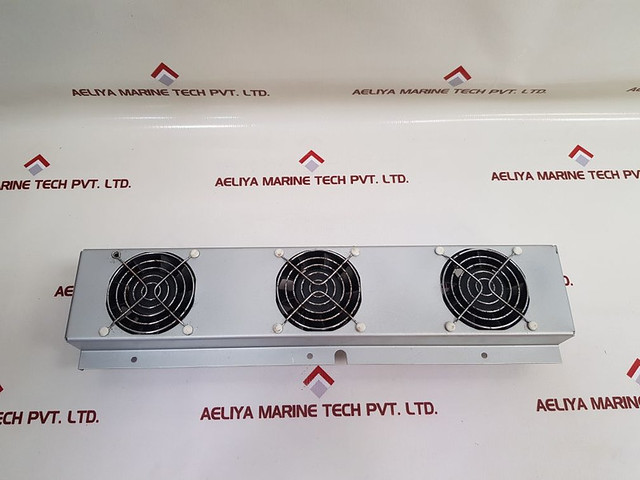The Benefits of a Combi Boiler Electric
Combi boiler electric is a popular solution for homeowners seeking an efficient heating system. However, it is vital to seek the assistance of a qualified heating engineer to ensure that the installation adheres to safety regulations.
These units heat water on demand, eliminating the need for a storage tank and saving on energy consumption. Additionally, they operate in a clean manner, limiting carbon emissions.
Cost-effectiveness
Electric boilers provide a cost-effective solution for modern households. In contrast to gas boilers, they don’t use combustible fuel and thus eliminate the risk of carbon monoxide leaks, which can be fatal for children and elderly people. This makes them a popular choice amongst eco-conscious homeowners. They also require less maintenance and are suitable for most homes, with the exception of listed buildings. A reputable heating engineer will be able to advise you on the best option for your home.
A key feature of electric combi boilers is that they use a heating element to heat water and then send it to hot water taps or radiators. This is a more energy-efficient solution than a traditional system, which requires a cold water tank and pumps. Electric combi boilers are compatible with smart controls and thermostats, which allow for precise control of heating and hot water schedules to match occupancy patterns. They also work well with renewable energy sources, which can lower running costs even further.
However, electric combi boilers can have higher upfront costs than gas boilers. This is largely due to the price of electricity, which can be up to 28p per kilowatt hour, whereas gas costs about 7p per kilowatt hour. To reduce these costs, consider pairing your boiler with solar panels, which can help you generate your own electricity and cut down on energy bills.
Environmentally-friendly
When compared to gas boilers, combi electric boilers can be more environmentally-friendly. This is because they heat water on demand, rather than continuously. This eliminates energy waste and reduces fuel consumption. They can also be powered by renewable energy sources, further reducing their environmental impact.
Combi electric boilers are also much easier to install than gas boilers. They don’t need a flue, which means they can be fitted in small properties with space restrictions. This is particularly helpful for homes and flats that aren’t on the ground floor, as they won’t require a loft conversion or scaffolding to install a traditional boiler.
The inner workings of a combi electric boiler are complex, but the basics are simple: Whenever you turn on a hot water tap or heating electric combi boiler manufacturers control, your boiler ignites. This burns fuel to warm up parts of your system known as heat exchangers, which then pass the heated water into the property. The boiler then diverts the hot water into either the pipes for your sinks and showers or the radiators, depending on what you want.
If you are considering switching to an electric combi boiler, compare quotes from authorised installers using GreenMatch. This free service connects you with up to 3 local heating engineers, so you can choose the best quote for your requirements.
Energy-efficient
Electric boilers use electricity to heat homes rather than fossil fuels like gas. This means they are nearly 100% energy-efficient and don’t emit carbon dioxide into the air. These heating systems also require fewer parts and can be quieter than their gas counterparts. They can be used in smaller properties and are not affected by fluctuating gas prices.
The electric combi boiler is a newer type of heating technology that is designed to reduce energy consumption in the home. It works by using a small tank to store hot water, and then sending it to the household’s taps or radiators when needed. They are less popular than traditional gas boilers, but their availability has been increasing in recent years. They have a higher upfront cost than gas models, but installation costs are lower.
Combi boilers can be used in a range of homes, from flats to larger houses with more than one bathroom. They are compact and can fit in a standard kitchen cupboard, making them easy to install. However, they are not a good option for households with large water demands, as they can’t provide enough hot water simultaneously.
The price of an electric combi boiler depends on several factors, including the upfront cost and labour costs. You should compare installer rates before choosing the best boiler for your home. GreenMatch is an online comparison service that matches you with local heating engineers.
Smart controls
Adding smart functions to your home heating system increases comfort and efficiency. It also helps reduce your energy bills and carbon footprint. These systems are easy to set up and operate, and are available in a range of prices. You can also retrofit these features to your existing boiler.
A smart boiler connects to a smartphone application and allows users to control the central electric water boiler for bath heating remotely. The technology enables users to monitor and change their energy usage in accordance with their schedules, saving them money on gas and electricity bills.
Some smart boilers, such as Nest or Hive, use location settings to prevent the boiler from turning on when you are not at home and help save you energy. They also use learning thermostats to detect your habits and automatically create a programmable timetable over the course of a week. They can even adjust the heating based on the amount of sun exposure.
Another popular brand is Vaillant, which has a product called vSMART. This device can be used with most existing boilers and is compatible with other smart home devices. It offers individual room control with Smart TRVs, wireless connectivity, and weather compensation. It is also possible to synchronise multiple vSMART controllers with a single mobile app. Smart controls can be expensive, but the investment is worth it in terms of convenience and savings.



